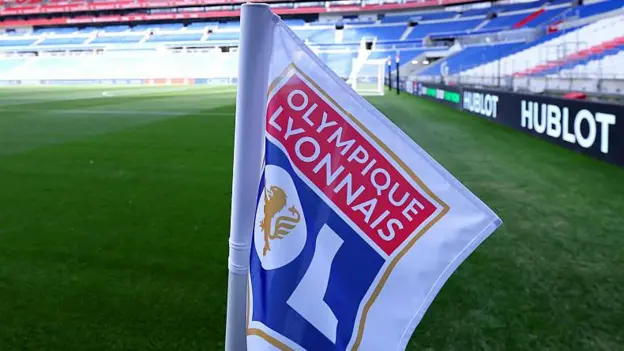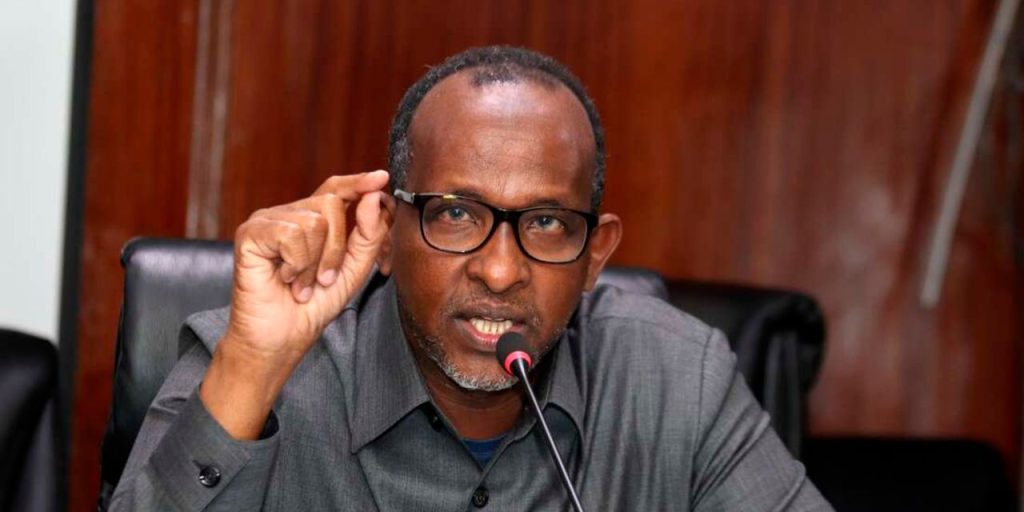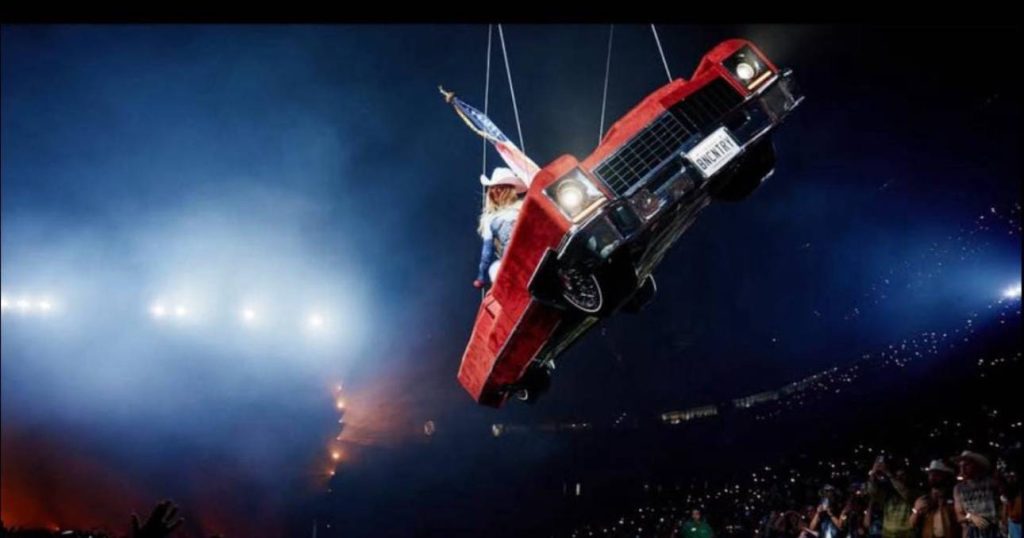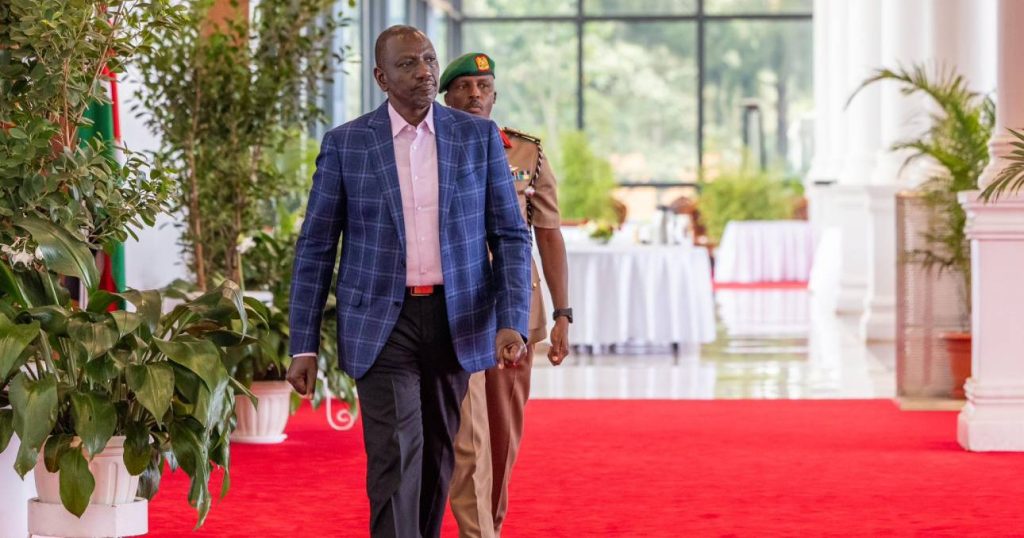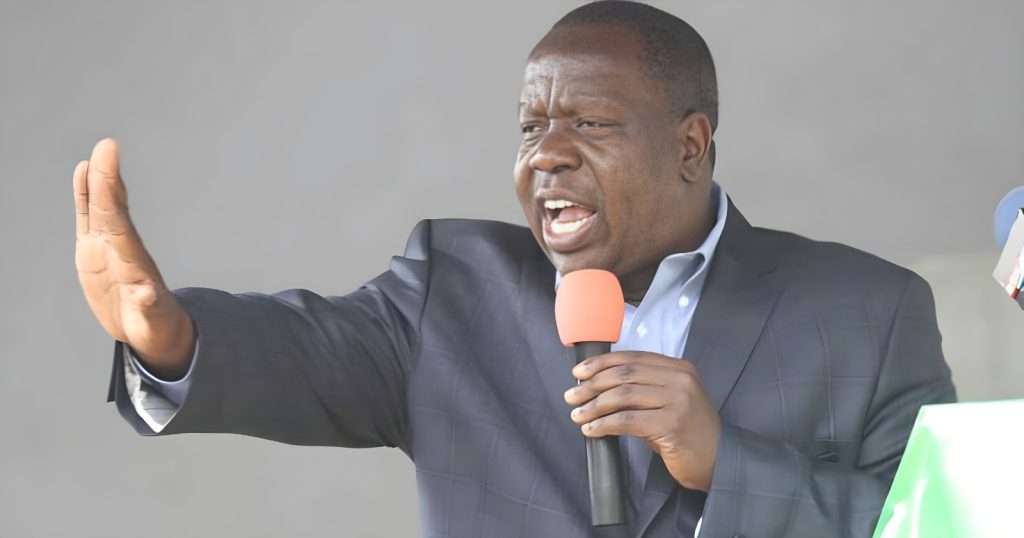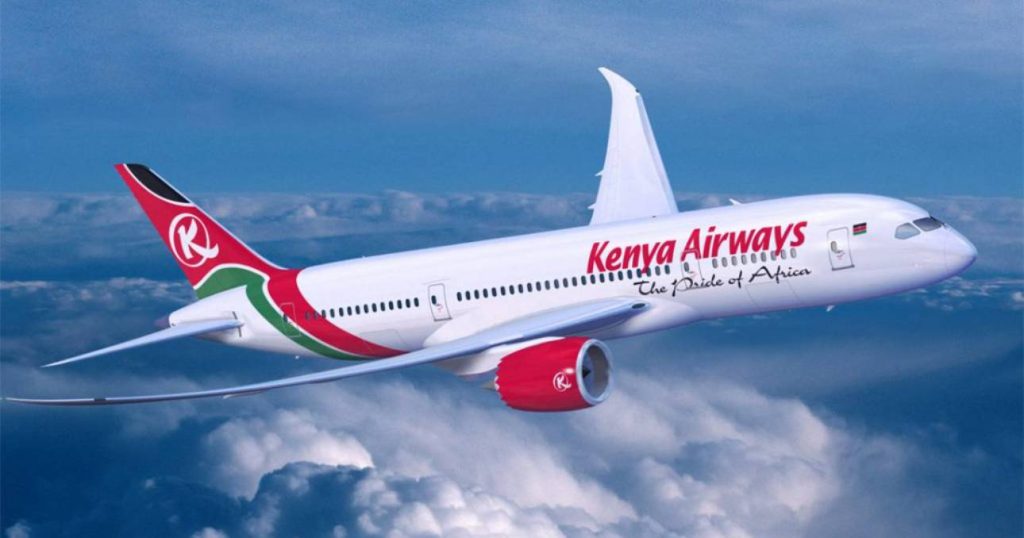In a dramatic twist of events, Olympique Lyonnais have been put in the 2025–26 Ligue 1 list of games, even though they have been sent to the second level for big money issues. The move was made while the club fights the move to send them down. It has created doubt not just in French football but all over Europe and could even mean Crystal Palace play in the Europa League.
Why Lyon Were Relegated
The Direction Nationale du Contrôle de Gestion (DNCG)—France’s financial watchdog responsible for overseeing the accounts of professional football clubs—provisionally relegated Lyon in November 2024. The DNCG enforces strict financial compliance and has the power to issue sanctions including transfer bans and demotions. The action followed revelations in October that Lyon’s majority owners, Eagle Football Group, reported debts of over £422 million (approximately KSh 73.85 billion).
Even after Lyon met with the DNCG earlier this week, the club could not show its money problems had gone away. The club did appeal and said the move was “not right,” but the DNCG’s move still stands for now.
Fixture Confusion and European Complications
Ligue 1 put out the 2025–26 schedule last week and Lyon were to play Lens on the first weekend—August 16–17. The fact they were on that list has raised doubt about whether the club is still in the top league.
This doubt has gone into Europe. Lyon finished sixth last year and this put them in the Europa League, but UEFA rules say clubs with the same main owner cannot be in the same game. Textor’s Eagle Football Group also owns 43% of Crystal Palace, who earned the Europa League spot after winning the FA Cup.
Textor said on Monday he will sell the Palace shares, but this has not yet been done—so Palace could lose the chance to play in Europe.
What Happens Next
UEFA met on Friday to assess the ownership conflict and Lyon’s participation in Europe but delayed their decision, with discussions set to continue next week. As the saga unfolds, both Lyon’s Ligue 1 status and Palace’s European future remain in limbo, spotlighting growing concerns over financial governance and multi-club ownership in modern football.



